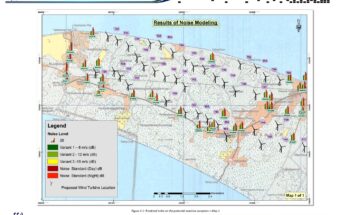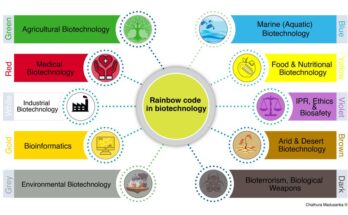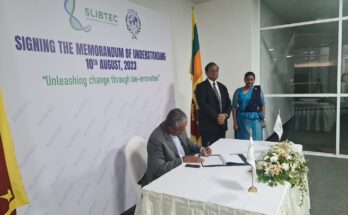
In recent years, the landscape of life science research in Sri Lanka has encountered significant challenges due to regulatory hurdles imposed on the importation and distribution of Research Use Only (RUO) products. Companies engaged in the industrydetroit lions jersey detroit lions jersey 49ers jersey 49ers jersey micah parsons jersey Iowa State Football Uniforms micah parsons jersey ohio state jersey custom football jerseys detroit lions jersey Ohio State Team Jersey fsu football jersey custom football jerseys Florida state seminars jerseys Florida state seminars jerseys have navigated these obstacles and identified key areas where improvements are urgently needed.
At the forefront of their concerns is the classification of RUO products under the purview of the National Medicines Regulatory Authority (NMRA). While these products are explicitly designated for research purposes and not for diagnostic use, they have increasingly faced scrutiny and unnecessary delays in clearance processes. This has hindered the timely access of essential supplies to educational and research laboratories across the country.
One of the primary issues stems from a misunderstanding surrounding the classification of products at customs checkpoints. Certain Harmonized System (HS) codes, shared between diagnostic devices and research materials, have led to inadvertent complications during importation. It is imperative to distinguish between products intended solely for research endeavors and those meant for diagnostic applications to streamline clearance procedures effectively.

Moreover, the scope of life science research is vast and encompasses diverse fields such as health, veterinary science, agriculture, and archaeology, among others. The activities conducted within these disciplines, sanctioned by respected bodies like the National Science Foundation (NSF) and university ethical committees, are not oriented towards clinical diagnostics. As such, imposing additional regulatory burdens on researchers undermines the progress and innovation essential for scientific advancement.
While acknowledging the importance of stringent oversight in certain circumstances, such as the COVID-19 pandemic, where expedited testing methods were crucial, it is essential to adopt a nuanced approach. Laboratories engaged in specific diagnostic tasks, such as the Human Genetics Unit of the University of Colombo, require validated tests for precise diagnosis. However, this should not entail blanket regulations that impede the broader research community’s activities.
An area of particular contention surrounds nucleic acid extraction systems, which have been subject to pre-approvals despite their non-clinical research designation. Here, alignment with international standards and guidelines, such as those set forth by the U.S. Food and Drug Administration (FDA), can provide clarity. A system for certifying laboratories rather than individual products would ensure adherence to rigorous quality standards without stifling research endeavors.
Companies engaged in the industry stand ready to engage with regulatory authorities to facilitate constructive dialogue and propose viable solutions. As stakeholders invested in advancing scientific research and innovation in Sri Lanka, they advocate for a collaborative approach that balances regulatory compliance with the facilitation of research activities.
Addressing the regulatory challenges surrounding RUO products necessitates a concerted effort from all stakeholders. By fostering a conducive environment that promotes innovation while upholding regulatory standards, Sri Lanka can unlock the full potential of its scientific community and contribute meaningfully to global research endeavors.
#RareDiseaseResearch #Innovation #Regulation #PublicHealth




